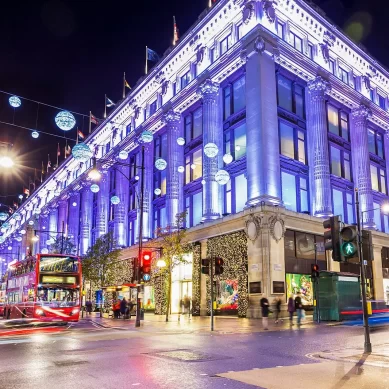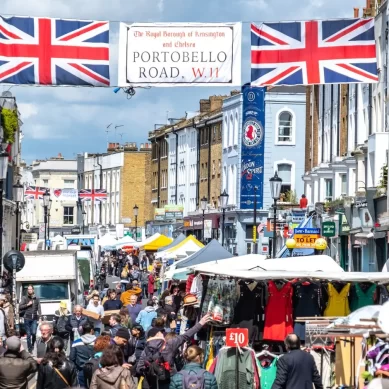Akhil Jain, Executive Director, Madame shares his views on how the retail industry is all geared up for business post the lockdown. Even before the onset of the global coronavirus pandemic traditional retailers were struggling to get customers to visit their stores instead of shopping online. However, with the imposition of the nationwide lockdown the scenario changed for everyone concerned.

Innumerable stores that were catering to the non-essential segment were temporarily shut from the last week of March due to the government’s response to the pandemic. In what is undoubtedly the most difficult crisis the retail industry had ever faced along with a daunting challenge of staying relevant in people’s minds as they stared at a bleak future.
However, the situation is now changing as senior management’s have re-kindled their plans having got time to get some control over the way things can be put in place. Companies have implemented a lot of safety measures and have implemented the government’s guidelines to permit limited number of staff at any given time in any store or factory, that too with strict implementation of the social distancing and hygiene norms.
Since a while retailers had been requesting the government to allow fashion and luxury outlets to open several lockdowns have been relaxed and factories have been allowed to open in low risk exposure areas with a plan to gradually exit for other areas in phases. With these measures the retail segment is hoping that it is well prepared for the Post covid-19 situation that will be about things people need and not what they want.
A certain economic downturn and its potential fallout is looming many retailers are facing uncertainty in the year ahead. The only positive is that there is some predictability when it comes to what consumers want and their preferences.
As the landscape changes convenience above other considerations will become an important part of the equation while the quality of the product will continue to be important, brands who differentiate themselves on the service, delivery, and overall convenience effectively than their competitors do will be the new game changers. Realising that convenience is the new normal. Retailers will have to invest in convenience and make consumers lives easier.
Meeting customer expectations will not be an overnight job it will require cross-functional coordination and can present many challenges companies will have to transform their supply chains or risk becoming obsolete.
Digital supply networks (DSNs) that leverage internet of things (IoT) sensors, applications, and AI to make real-time decisions. Traditional supply chains may no longer be sufficient for retailers seeking to meet customer expectations.
A lot of mall-based clothing retailers were already struggling before the pandemic as they haven’t been successful in the online space as their businesses are not built for their stores to remain shut for such a long period of time. The government’s economic package is a welcome measure for many who hope the situation will improve as some analyst expect a V shaped recovery while others expect it to take close to 18 months for the economy to get back and stage a significant recovery. However, consumer behaviour is unpredictable whether the fear of stepping out will be overcome by the will to get on with life and live without holding back is going to be the key to what the consumer space will look like in the next few months. That will definitely have a big impact on the retail industry.
Since CY2019 various analysts and industry experts have been of the opinion that the Indian retail industry is likely to grow to US$ 1400 billion by FY2024 and the e-commerce market too was estimated to grow to US$ 98 billion in FY2024 but only time will tell how things will play out in the post Covid world.



































